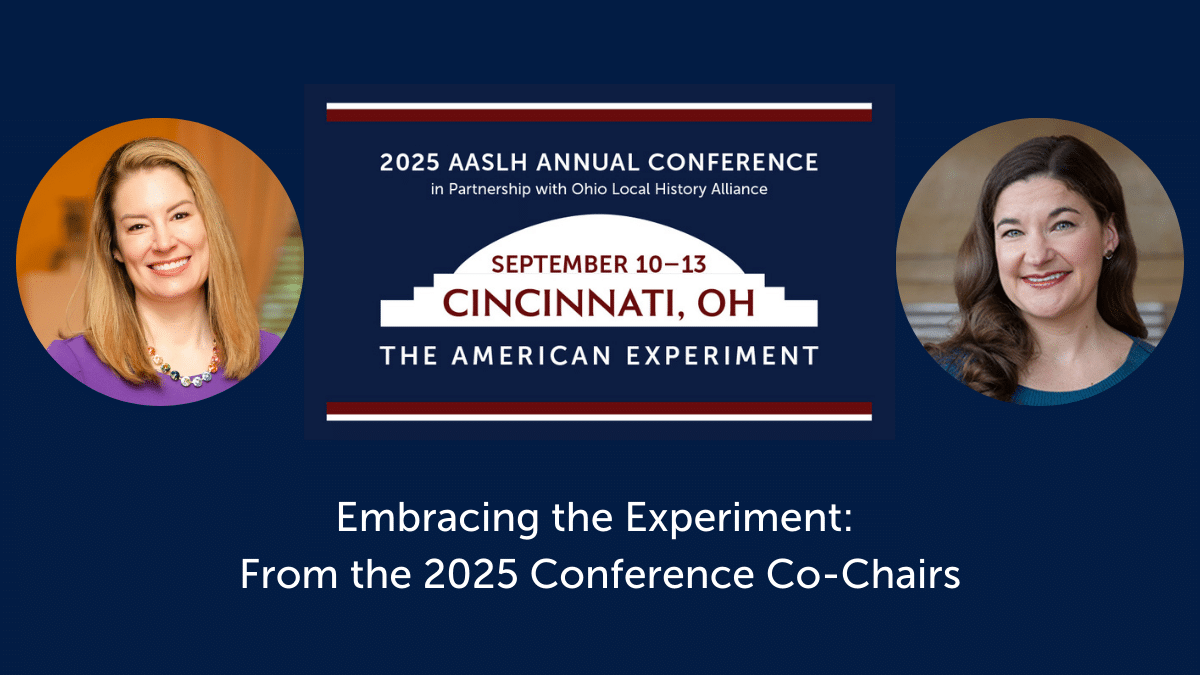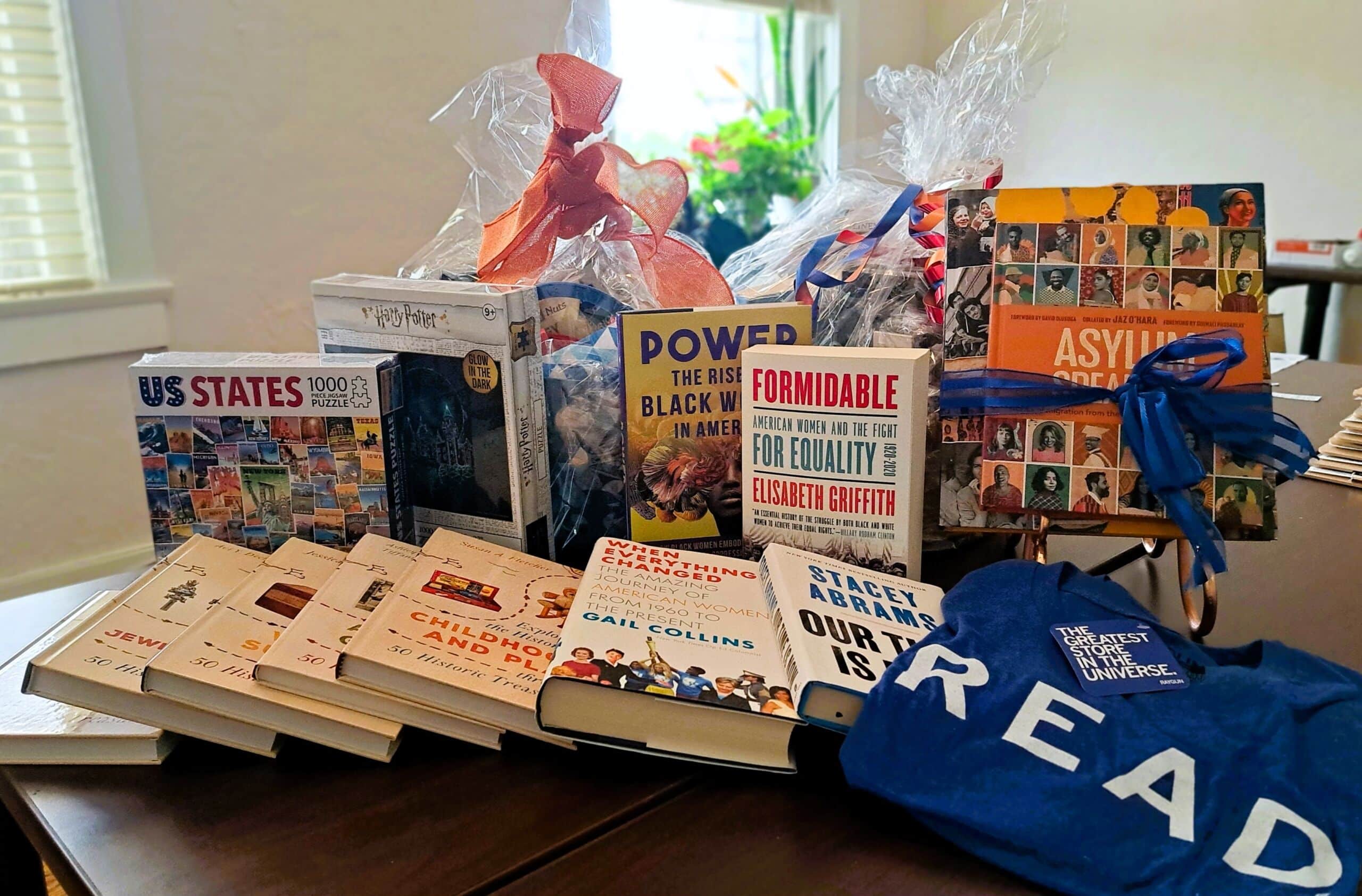“It’s only words, and words are all I have to catalog that thing.”
Ancient quotation based on lyrics by Bob Crewe and Edward Fluri
Okay, so you won’t see Barry Gibb at the upcoming AASLH Annual Meeting in St. Paul, but if you’re planning to attend, you’ll have an opportunity to participate in a discussion led by two Nomenclature Task Force members and a colleague about controlled vocabularies for historical museum cataloging. On Saturday, September 20 at 9 AM, Sarah Kapellusch (Wisconsin Veterans Museum), Emily Pfotenhauer (Wisconsin Library Services), and yours truly, Paul Bourcier (Wisconsin Historical Society), will present a session called, “The Ways We Word: Nomenclature and Other Data Standards for Documenting Collections.”
Intellectual access to collections information via collections management software systems and the Internet has become more important than ever and the need for historical organizations to collaborate on consistent standards to promote cross-institutional information sharing has never been greater. All too often, institutions work in a vacuum with inconsistent and homegrown protocols for indexing their holdings. The session will introduce attendees to an alphabet soup of widely adopted controlled vocabularies including AAT, TGN, TGM, LCSH, and ULAN. The presenters also will discuss progress on the next edition of AASLH’s own Nomenclature (Nomenclature 4.0, due out next year) and place it within the context of other useful resources. (Nomenclature can be seen as part of a balanced cataloging regimen, to borrow a phrase from kids’ cereal commercials.)
The adoption of Nomenclature and other standard vocabularies helps ensure internal consistency and facilitate the sharing of collections information in aggregated online databases involving other cultural institutions, and while there are benefits to these standards, there may be challenges in their adoption and implementation, especially if you use more than one. Participants in the session will have a chance to share their own experiences with data standards. We’ll also distribute a handy resource guide (or is that “guide, resource”?).
I hope to see you there!




